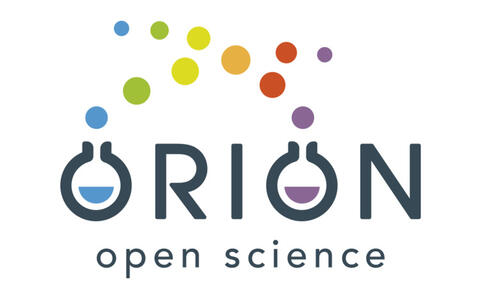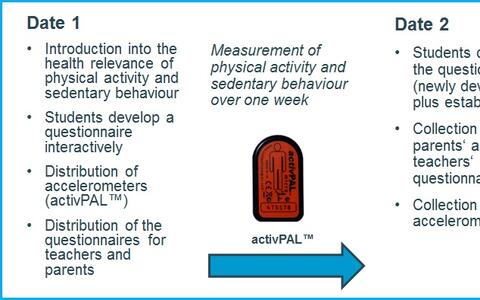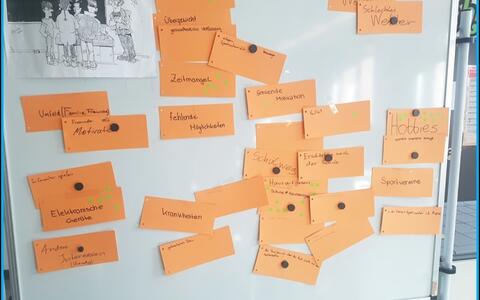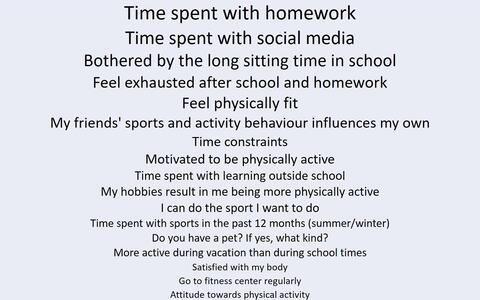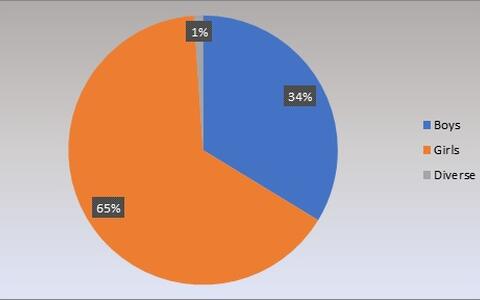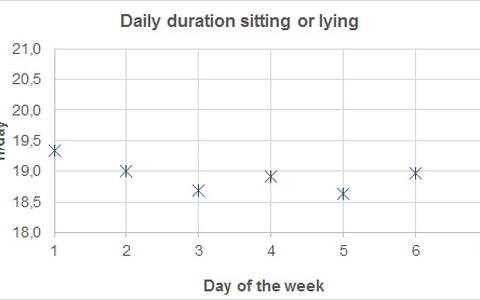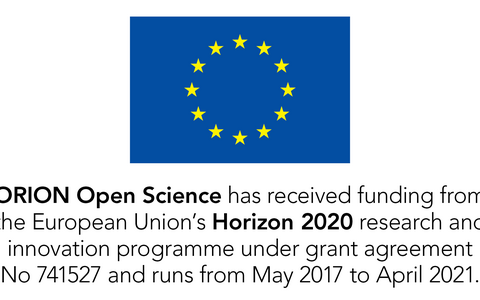
SMOVE - Science that makes me move
Combining School Education with Scientific Practice
The Max Delbrück Center for Molecular Medicine in the Helmholtz Association (MDC) has been investigating this question together with students from Berlin and Brandenburg since spring 2020 with the SMOVE project.
SMOVE – Science that makes me move – is a citizen science project within the open science initiative ORION. SMOVE is funded by the European Union (Horizon 2020 research and innovation programme) and aims at carrying out an epidemiologic study in cooperation of students and scientists to record the physical activity and sedentary behavior, as well as what are the influencing factors of both in students. In a previous project, almost 100 students participated, who found the project very exciting.
The Corona pandemic has posed considerable challenges for the implementation of SMOVE. Despite pandemic-related lockdowns, school closings, homeschooling and dynamic changes of basic conditions for all involved, 12 classes (from 9 schools) grade 8 or higher participated in SMOVE with overall 152 students from Berlin and Brandenburg.
SMOVE was approved by the respective school principals and the school administration and all data is being evaluated anonymously.
- What did the teachers and students gain from participating in SMOVE
-
-
- Students learned from MDC scientist what epidemiology is and why an active lifestyle is important for health.
- Students gained insights into the course of an epidemiologic study and were actively involved in its implementation.
- Students learned how to develop and test hypotheses.
- With the help of a small movement measuring device (accelerometer) worn on the thigh over the course of one week, students recorded their own physical activity and sedentary behaviour.
- The results were made available for the students and if they wished class results (anonymized) were jointly discussed and interpreted in class
- Possible influencing factors on physical activity and sedentary behaviour were assessed by jointly developed questionnaires.
- In agreement with the teachers the lessons were enriched by the scientists of the MDC
- Course of the project
-
-
The project is divided into three phases:
The field phase of the SMOVE was divided into three interactive dates where there was an exchange of the scientists and the students.
Figure 1. Course of the field phase in SMOVE
- Current status
-
-
With beginning of the summer vacation 2021 the school visits and data collection are finished. Students from all over Berlin and from Potsdam participated in SMOVE.
- Corona pandemic
-
-
- A hygiene concept was developed for the realization of the SMOVE project during the Corona pandemic.
- Using the hygiene measures, the project could be carried out in classroom settings.
-
Alternatively, if the pandemic did not allow presence meetings, the project was realized completely digitally:
- All sessions were offered as videoconferences.
- The study documents were sent by mail and returned with prepaid envelopes to the MDC
- Preliminary results
-
-
During the first lesson the students were encouraged to discuss in small groups about influencing factors for their physical activity and sedentary behaviour. The collected influence factors were discussed in-class and students individually voted for the most important factors. (Figure 2, green dots)
Figure 2: Example results of the interactive discussion for questionnaire development in one participating class
An overall analysis of the collected potential influence factors shows that mostly, factors related to school, hobby, as well as motivation were named as influence factors of physical activity and sedentary behaviour.
Figure 3: Word cloud of the potential influence factors collected by the students on their physical activity and sedentary behaviour
MDC scientist included the factors deemed most important in a respective class in the class-specific questionnaire, if they were not already part of the established questionnaires that were used in all school classes (Figure 4).
Figure 4: Questionnaire items developed by students (font size represents how often the items were a part of the class-specific questionnaire)
We created a preliminary dataset, which includes data from students who participated in SMOVE between February and December 2020. In 2020, more girls than boys participated in SMOVE (Figure 5)
Figure 5: Sex distribution in SMOVE in 2020
The analysis of the data from the activPALTM devices (measuring devices should have been worn all day and night without any breaks) resulted in a long duration of sitting and lying of the students. The average was 19.2 hours per day of sitting and lying, while a significantly shorter time spent standing (3.1 hours per day) and walking (1.7 hours per day) was observed. The daily step count ranged from 3,013 to 16,036 steps per day with an average of 8,320 steps per day.
The time spent sitting or lying was on average highest at Sunday compared to the rest of the week (Figure 6)
Figure 6: Average sitting or lying time per weekday in SMOVE in 2020
- Outlook
-
-
- After data cleaning and quality control procedures, the scientific analysis based on the final dataset is currently ongoing, aiming at the investigation of influence factors of physical activity and sedentary behavior of students in Berlin and Brandenburg.
- The results will be published on this website as well as in scientific journals (anonymized).
- Who could participate in SMOVE
-
-
- All interested teachers with their classes in Berlin and Brandenburg from grade 8.
- We have finished the data collection with the beginning of the summer vacation 2021.
- In the sense of Citizen Science we encourage interested teachers to transfer the concept of SMOVE to their school classes and to carry out their own Citizen Science project. If you are interested, please contact us and we are to provide the necessary study documents (e.g. questionnaires).
Contact
SMOVE@mdc-Berlin.de
Phone: +49 (0)30 9406-4570
Contact:
Dr. Katharina Nimptsch
Dr. Lina Jaeschke
Prof. Dr. Tobias Pischon
Tel.: +49 (0)30 9406-4570

